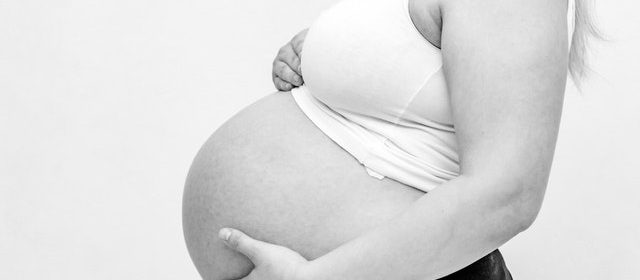Should IVF Gender Selection Technology Be Promoted?

Using technology for baby gender selection has been a topical issue for many years. The argument for and against this controlled reproductive process does not seem to fade away. Instead, many mothers with only male children still want to experience the bond with a daughter.
It is the same case for sisters that want to see the smile of a loving younger brother at home. However, this article affords the opportunity of analysing the need for promoting IVF (in-vitro fertilisation) gender selection.
IVF Gender Selection for Medical Reasons
Anyone who has gone through the pain of caring for a child with terminal disease appreciates IVF gender selection. In this case, selecting the gender of a child might not be ethically controversial. Some families have a history of specific conditions that are associated with female or male members of their family.
So, avoiding one gender with preconception technologies makes sense. Most parents will be willing to accept the IVF process to prevent these sex-linked genetic disorders.
IVF Gender Selection for Non-Medical Reasons
Most religious people and ‘non-conformists’ think it is disgusting to change the sex of a baby. One of their fears is the chance that a child with pre-determined sexuality will become transgender. In Australia, people are still unaware about the process of IVF.
This sex selection technology does not alter the embryos. Instead, doctors test the embryos for chromosomal issues and abnormalities. They implant the healthy embryos in the woman’s womb without choosing a specific gender.
IVF Gender Selection for ‘Designer’ Babies

Do you want babies with blue eyes or brown eyes? People still think that IVF gender selection shouldn’t be encouraged because the process involves playing the role of the creator. While there is a loophole in this watery argument, biomedical engineers lack the technology to make designer babies. The term – ‘designer babies’ reminds me of an app that designs a doll for children.
Since it requires several chromosomes to form individual traits, creating a designer baby is not feasible. During a regular monthly cycle, a fertile woman produces one viable embryo. What are the chances of getting all the chromosomes that will make a particular designer baby?
IVF Gender Selection and Abortion
In Australia, sex-selection abortion is a cause of worry for medical doctors. A few years ago, over 1000 pregnant women that were expecting female children chose abortion because of the gender. After their ultrasound test, these women fled with the disappointment of carrying a female child. However, people try to downplay this trend.
Also, they believe that people in Australia from a particular race often see the male child as a superior gender. Regardless of the cultural reason, abortion clinics are accepting women that can’t find an alternative to gender selection. Many people still think that the sex-selection IVF process is better than enduring multiple abortions for the desired gender.
IVF Gender Selection and Social Justice
Infertility is a significant concern for would-be parents. In this regard, many people believe that social justice is essential. It is an ethical principle that accords the right to choose freely. Since the IVF process treats infertility, it’s the right of individuals to utilise this opportunity. Usually, people are helpless when they can’t access any medical resources that relieve their conditions.
To create a balance, advocates of social justice want assisted reproductive technology like the IVF to be legal. However, another school of thought in society sees the risk of promoting gender bias through IVF.
The argument of IVF for both medical and non-medical reasons might be valid, but the question of ethics is a big issue.
